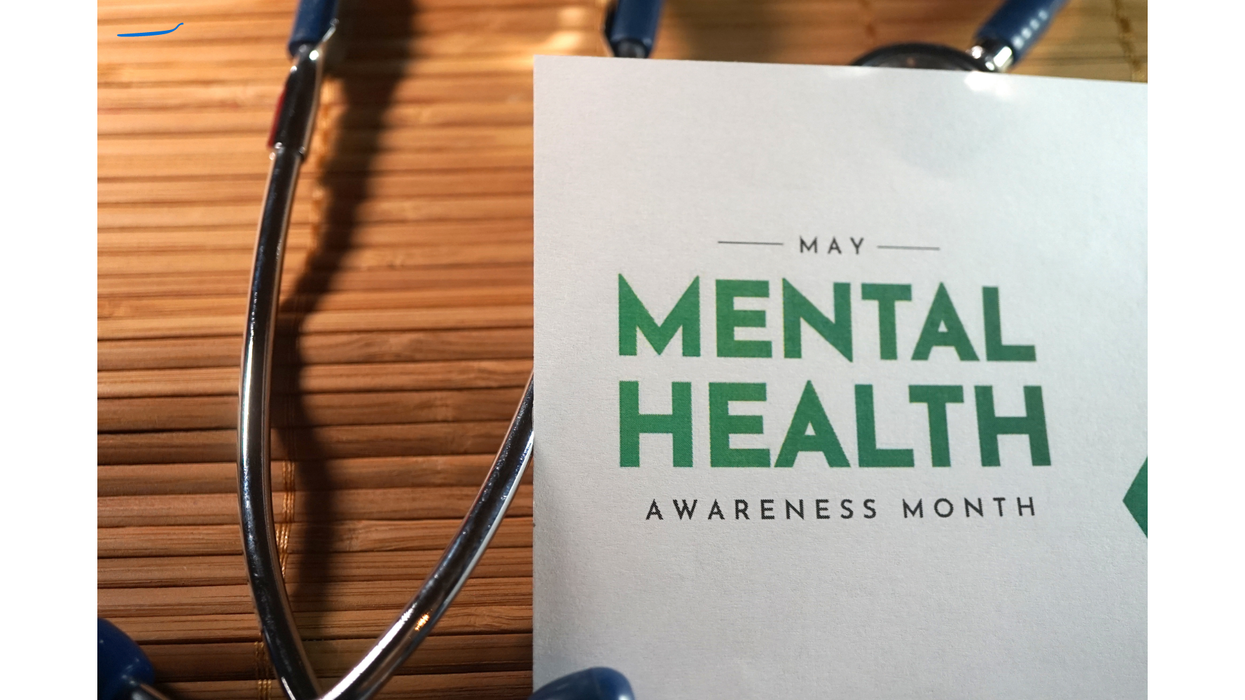Johnson is a United Methodist pastor, the author of "Holding Up Your Corner: Talking About Race in Your Community" and program director for the Bridge Alliance, which houses The Fulcrum.
Mental Health Awareness Month highlights the importance of mental well-being for everyone, but it's especially critical for those who have borne the brunt of its impacts. Celebrated in May, it's a time to reflect on our practices, challenge stigmas and work towards a society where seeking help is seen as a strength rather than a weakness or shame.
But mental health challenges don't affect everyone equally. The past four years have laid bare the deep-seated inequities in our systems, with BIPOC+ communities and children disproportionately bearing the emotional burden.
Children who are Black, Indigenous or people of color face unique barriers to mental health care for a variety of reasons. They may have limited access to culturally competent providers, face language or cultural barriers, or experience negative stereotypes within the health care system. As a result, they often have worse mental health outcomes and higher rates of untreated mental illness compared to their white peers.
For BIPOC+ individuals, feeling "other-ed" is a constant pressure that is compounded by the current political climate's focus on division and exclusion. The stress of being constantly reminded of one's differences and faced with hostility can lead to heightened anxiety, depression and other mental health issues. In a society that often fails to recognize or validate their experiences, BIPOC+ individuals bear the additional burden of navigating these challenges without the support that is readily available to many of their white counterparts.
That's why Mental Health Awareness Month is crucial for BIPOC+ communities. It's an opportunity to shine a light on their resilience, strength, and determination in the face of adversity and to challenge the harmful stereotypes that often obscure their experiences. It's a chance to uplift voices, challenge stereotypes, and promote healing within these communities and beyond. It's a time to recognize the strength of BIPOC+ individuals and the courage it takes to seek help in a system that often fails to serve them equitably.
To make Mental Health Awareness Month meaningful for BIPOC+ communities:
•Amplify BIPOC+ voices and experiences so that they are heard and recognized as valid and essential contributions to the conversation. This includes elevating the stories of BIPOC+ youth and children, who are often overlooked in discussions of mental health.
•Ensure resources are accessible and inclusive so that everyone, regardless of their background or beliefs, can find the support they need. This means providing culturally appropriate care, language services and welcoming environments for BIPOC+ individuals and families.
•Challenge stereotypes and stigma within these communities by educating ourselves and others and standing up against bias and discrimination wherever we encounter it. This includes actively working to dismantle systemic racism and discrimination in our health care and other institutions.
•Advocate for policies addressing social determinants of mental health, such as access to quality health care, housing and education, which are crucial for the well-being of all people but are particularly important for BIPOC+ individuals who have historically faced systemic barriers to these resources.
This Mental Health Awareness Month, may we commit to uplift BIPOC+ communities, challenge stigmas, and work towards more equitable resources and programming where everyone has the opportunity to thrive, regardless of their background or beliefs. I challenge each of us to engage in at least one effort to do so.
My commitment for observance this May is to the On Our Sleeves 5K for children's mental health. This event is a powerful way to show support for the mental well-being of our youngest citizens, who will grow up to be tomorrow's leaders, innovators and change-makers. This event supports initiatives for children's mental well-being, which are crucial for breaking the cycle of mental health struggles and creating a healthier, happier future for all.
I encourage everyone to support BIPOC+ and children's mental health in their communities by learning about the resources available, advocating for policies that prioritize their well-being in meaningful ways. Together, we can create a society where every individual can thrive. Where mental health is recognized as a priority for all people, regardless of their age, background or beliefs.




















